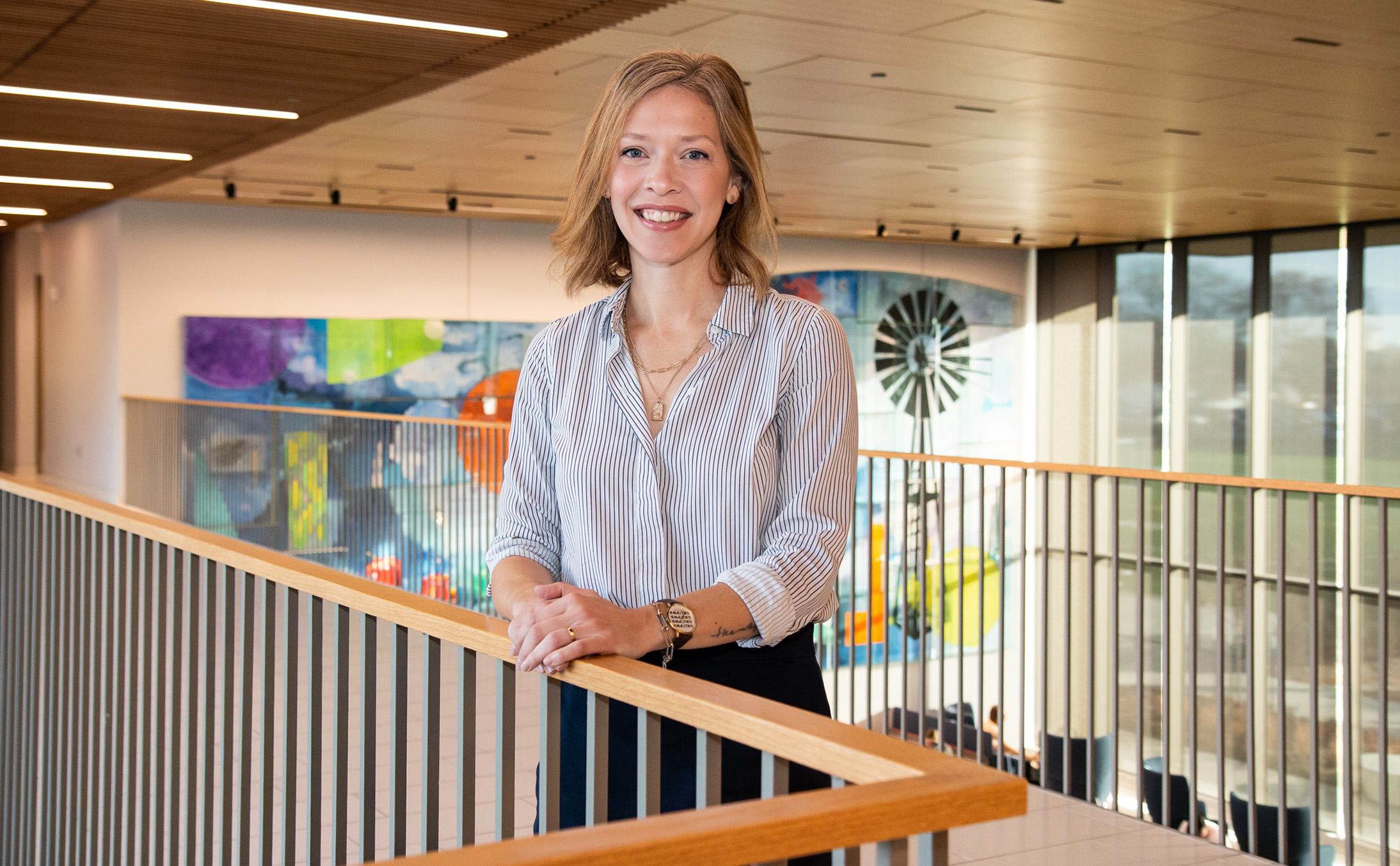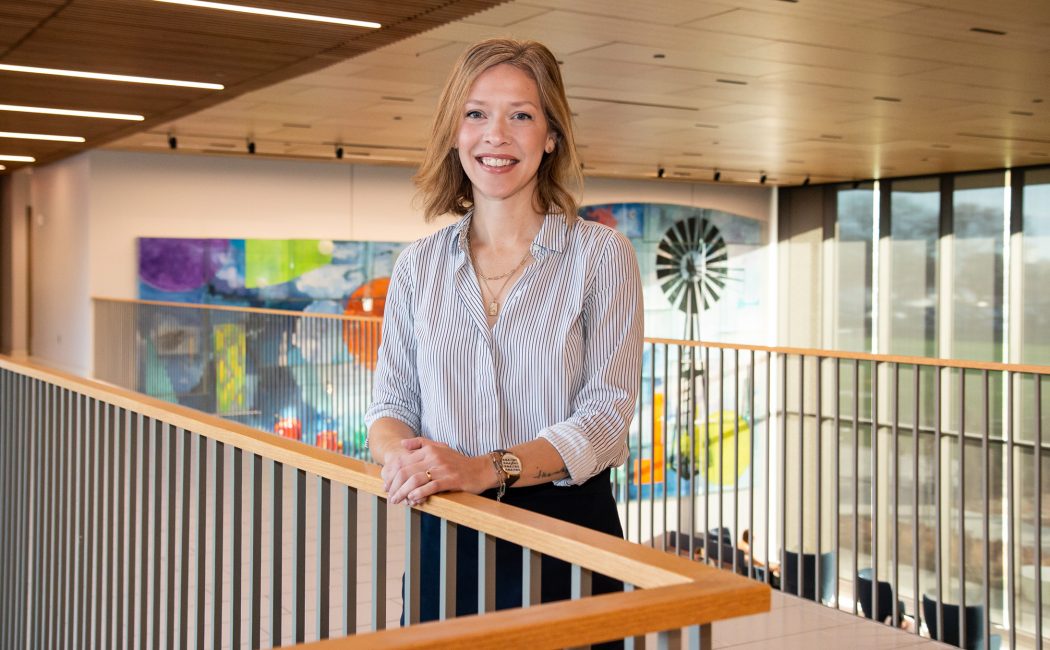
Becoming a teacher is not easy. Along with the required formal education, the process requires plenty of patience, preparation, curiosity and enthusiasm.
One less-apparent ingredient of learning to be a teacher is the ability to navigate the ever-changing landscape of diversity in schools, including socio-economic, racial, linguistic, cultural and other demographic characteristics.
To become effective, it is crucial for pre-service educators not only have ample classroom experience before entering the field, but also that those classrooms represent the diversity of U.S. public schools.
Likewise, students in those classrooms benefit from opportunities to read novels that feature diverse voices from minoritized populations or groups.
Research shows hands-on training experiences are instrumental in preparing pre-service educators for the classroom. Preparedness is also linked to retention.
Jillian Harpster, assistant professor of practice in the Department of Teaching, Learning and Teacher Education, is leading a project to help pre-service middle school educators broaden their practical experiences, and give middle-school students opportunities to interact with students from the University of Nebraska–Lincoln.
Funded through a Research Faculty Seed Grant from the Office and Research and Economic Development, Harpster aims to increase her students’ exposure to economically, racially and linguistically diverse youth.
“The shortage of teachers, and teacher retention, are issues we need to be aware of,” she said. “Often, the preparation experiences students have are not representative of schools they will eventually get jobs in. My hope is that giving these pre-service teachers experience in more demographically representative schools will better prepare them for their classroom work in the field.”
Harpster’s study is designed to observe and document the effects of one cohort of pre-service secondary English Education majors in their second semester of a four-semester program as they work with seventh and eighth graders from Lincoln’s Park Middle School.
We don’t want to just prepare pre-service teachers to get them into the classroom; we want to prepare them to stay in the classroom long-term.”
— Jillian Harpster, principal investigator
As a Title 1 school — a designation aimed at closing opportunity gaps between low-income students and other students — Park Middle School receives funding for additional staff and curriculum resources, school improvement planning, staff training opportunities, smaller class sizes, and enhanced parent and family engagement.
Beginning this March, pre-service teaching students from Harpster’s “Literature of Adolescents” (TEAC 439) course will lead book clubs, during which seventh and eighth graders will read a young adult novel that centralizes a protagonist from a minoritized or underrepresented group.
Harpster will explore the experiences reported by Park classroom teachers and the pre-service educators. Through visits and surveys, data will be collected about pre-service educators’ comfort in the classroom and engagement with students, as well as middle-level readers’ comfort with the pre-service educators and perspectives on having UNL as a community partner.
Additionally, Park teachers will complete weekly assessments of pre-service educators’ confidence, preparedness and success in engaging students in conversation or in writing.
In April, the middle schoolers will visit UNL’s city campus for a tour, meetings with college students and lunch at a student dining hall, providing a glimpse of higher education some may not have considered.
“My students will have very real-world experience in the classroom, and their students will get to see campus,” said Harpster, a CYFS research affiliate.
Eventually, Harpster hopes to see such programs annually, at multiple sites — middle and high school — throughout the district.
“We don’t want to just prepare pre-service teachers to get them into the classroom; we want to prepare them to stay in the classroom long-term,” she said. “My goal is to get teachers into the field who are excited about what they’re doing, who are well-prepared, who are professionals and who want to stay.”
Learn more about this project in the CYFS Research Network.
